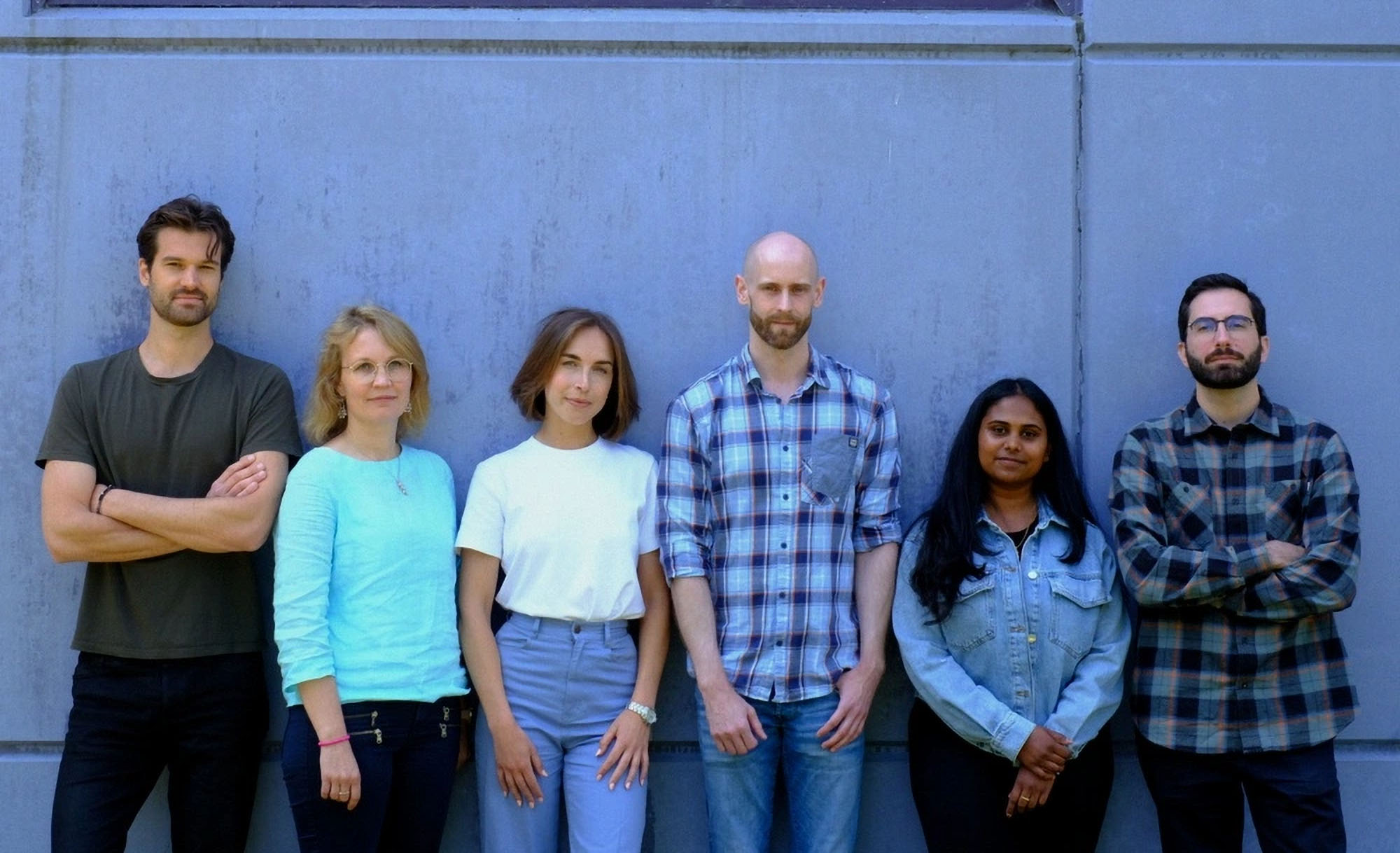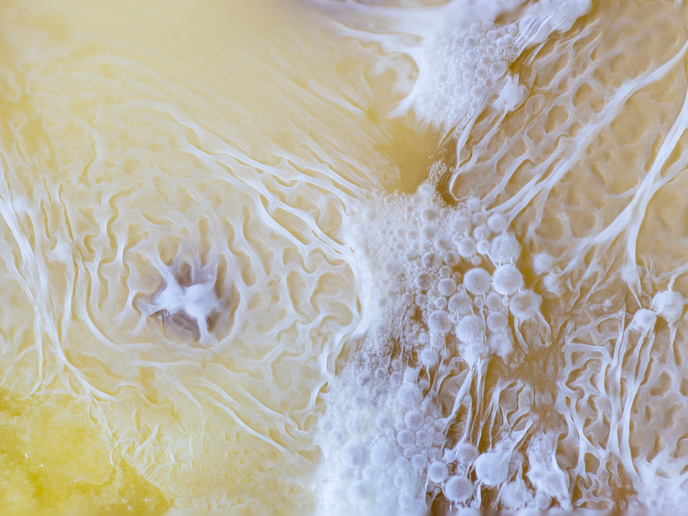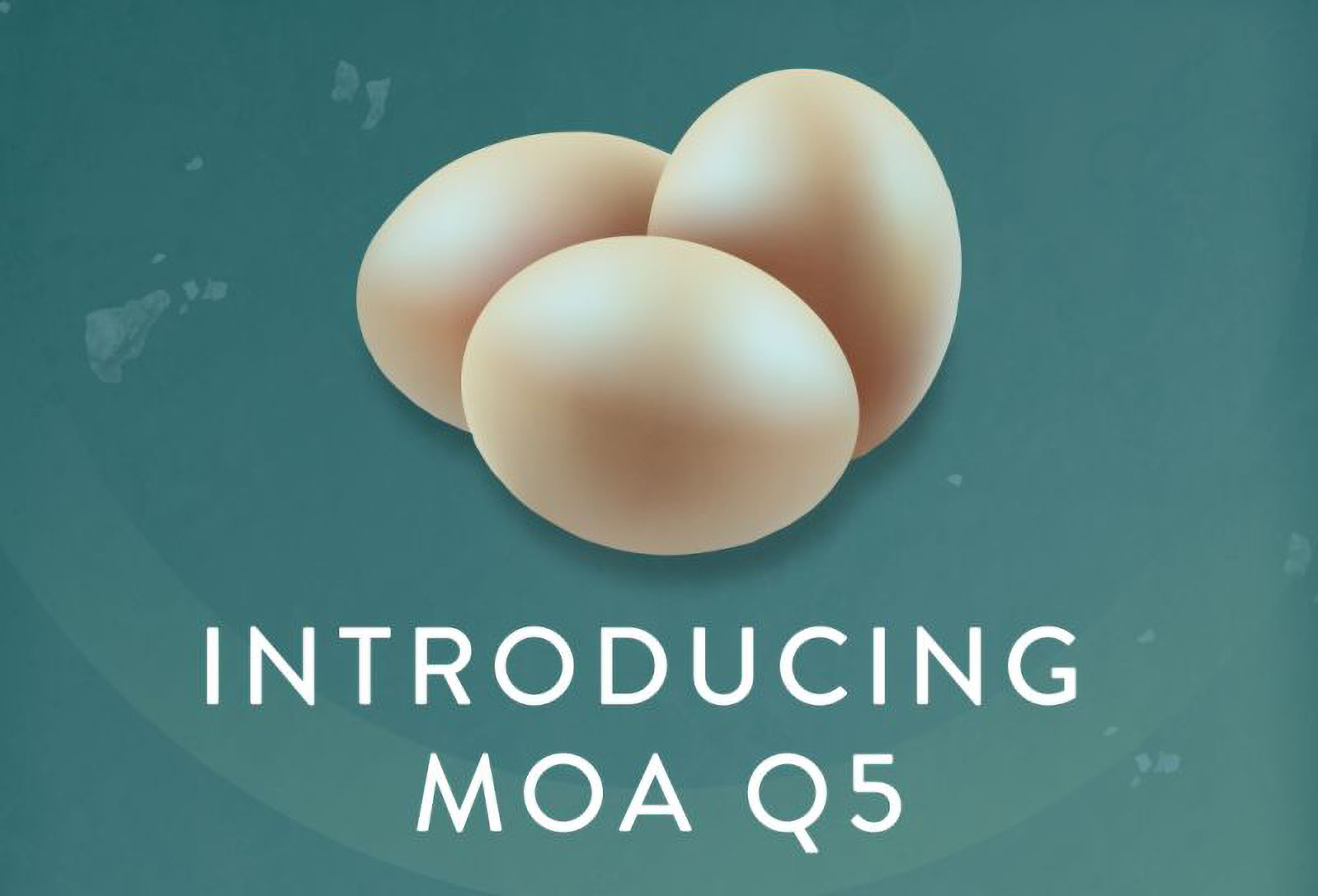

Teagasc and University College Cork join EU-led effort to explore role of meat alternatives in Ireland
A group of international scientists gathered in Dublin this week to discuss the future role of meat alternatives in European diets, with a particular focus on the Irish context. The meeting formed part of the EU-funded ComMEATted project, which is examining how consumers across Europe might be encouraged to adopt more meat alternatives and what that could mean for national food systems.
Participants in the project include five European partner institutions, among them Teagasc and University College Cork (UCC). During the meeting, researchers shared findings from recent stakeholder interviews conducted across multiple countries, capturing a broad spectrum of views on both traditional and alternative protein production.
Professor Maeve Henchion of Teagasc stressed the importance of understanding public and industry perceptions of meat alternatives in Ireland, given the country’s strong agricultural identity and global export footprint.
“Ireland is a major producer and exporter of dairy and beef, and while beef, sheep meat and dairy markets are very strong at the moment, we must understand how meat alternatives are perceived,” she said. “Perspectives vary across individuals, organisations and different types of proteins. Through research conducted by Teagasc and UCC in Ireland, alongside insights from key export markets gathered by ComMEATted research partners, we aim to deepen our understanding of this market and policy landscape.”
The Dublin event underscored just how varied views are across the five participating countries. While some shared themes emerged, there was no overall agreement on what a transition to greater consumption of meat alternatives should look like. Much of the discussion centered on how national identities, economic priorities, and food cultures shape opinions.
Following the meeting, Dr John Deely of Teagasc provided a closer look at how Irish producers are responding to the idea of integrating meat alternatives into their work.
“Irish farmers and food processors are both pragmatic and socially conscious. They run businesses and they want those businesses to succeed,” he said. “At the same time, they want to preserve farming within Ireland’s rural communities. Some meat alternatives may help to achieve these dual goals, others may not. This suggests that meat alternatives may have a place in Ireland’s future, but it is important to identify which ones offer the largest benefits to Irish society as a whole.”
The ComMEATted project will next turn its attention to consumer behavior, exploring how people make choices around alternative proteins and what factors influence those decisions. It will also assess the regulatory environment for meat alternatives in Europe, with a view to understanding how policy frameworks might support or hinder future development in this space.
If you have any questions or would like to get in touch with us, please email info@futureofproteinproduction.com






